Tag: free speech
Our sixth class of Fellows represents professors, staff and graduate students from a broad range of disciplines and backgrounds, selected from the largest number of fellowship applications received to date. This cohort’s research focuses on higher education’s role in preparing scientifically literate voters, diversity professionals’ views on political bans and marginalized students’ experiences with biased and hateful speech, among other topics. Their projects include developing educational materials and programs that can serve as a roadmap to safeguarding and encouraging the robust exchange of ideas while simultaneously upholding the institutional values of equity and inclusion.
Learn more about the 2023-2024 class of Fellows and their work by watching this brief video:
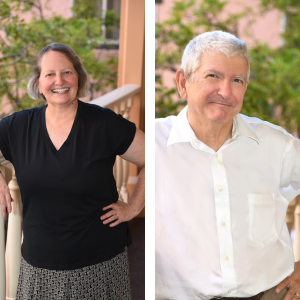
Susan Balter-Reitz & Michael Bruner
Professor of Communication, Montana State University Billings; Professor of Communication Studies, University of Nevada Las Vegas
Research Title: "The Performance of Argument in University Free Speech Legislation: Lessons for University Leadership in Public Communication"
Read and download Susan and Michael’s work
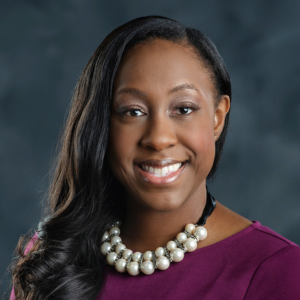
Kaleb Briscoe
Assistant Professor, University of Oklahoma
Research Title: "Dismantling DEI in Higher Education: An Analysis of How Diversity Professionals View Political Bans"
Read and download Kaleb's work

Eliza Epstein
Postdoctoral Fellow, University of Texas at Austin
Research Title: "Campus Civic Engagement during Turbulent Times: Student Responses to State Based Attacks on DEI and Academic Freedom"
Read and download Eliza's work
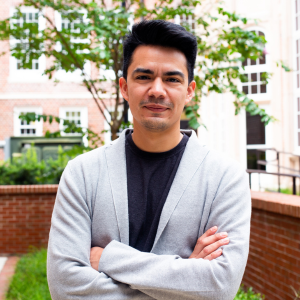
Frank Fernandez
Associate Professor, University of Wisconsin, Madison
Research Title: "Can Universities Support Civic Engagement through Science Literacy?"
Read and download Frank's work
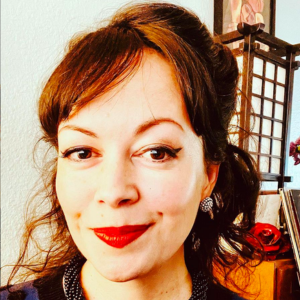
Nina Flores — Senior Fellow
Associate Professor, California State University Long Beach
Research Title: "Resources for Supporting Faculty and Staff During Incidents of Targeted Harassment"
Read and download Nina's work

Sara Johnson
Assistant Professor, Tufts University
Research Title: "Role Models as a Motivator of College Students’ Civic Engagement"
Read and download Sara's work
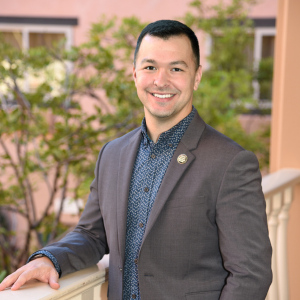
Alex Kappus
Account Executive for Student Success, Credo Higher Education Consulting
Research Title: "Cultivating a Culture of Civic Engagement and Democratic Learning: Examining Institutional Responses to the California Student Civic and Voter Empowerment Act (AB 963)"
Read and download Alex's work

Raquel Rall
Associate Dean of Strategic Initiatives, UC Riverside
Research Title: "The Reach of Civic Engagement: The Impact of Student Trustees on Campus and Beyond"
Read and download Raquel's work

Ashley Robinson
Assistant Professor of Higher Education, Fairleigh Dickinson University
Research Title: "Institutional Dismissal and Betrayal in the Name of Free Speech: Student Stories of Reporting Bias"